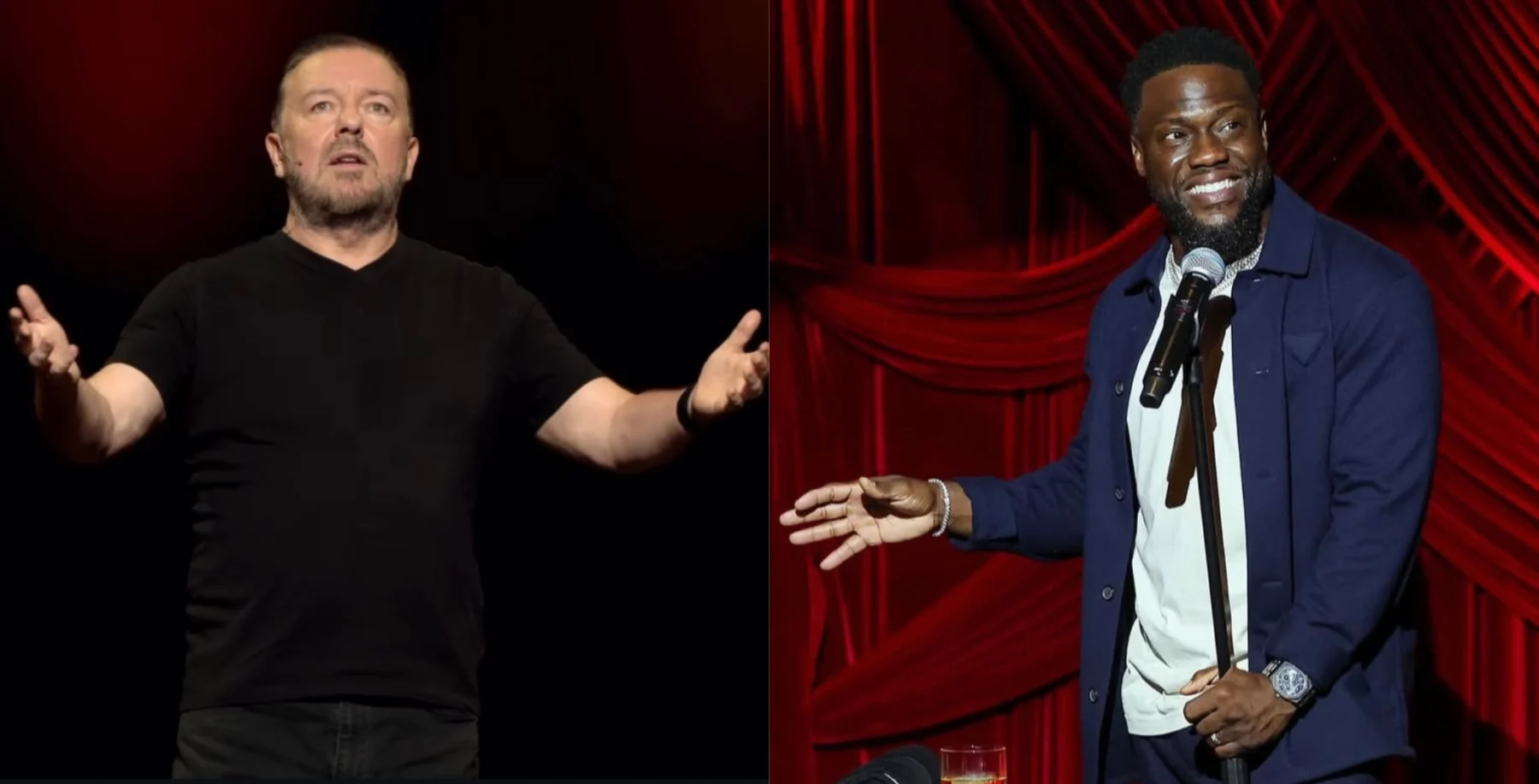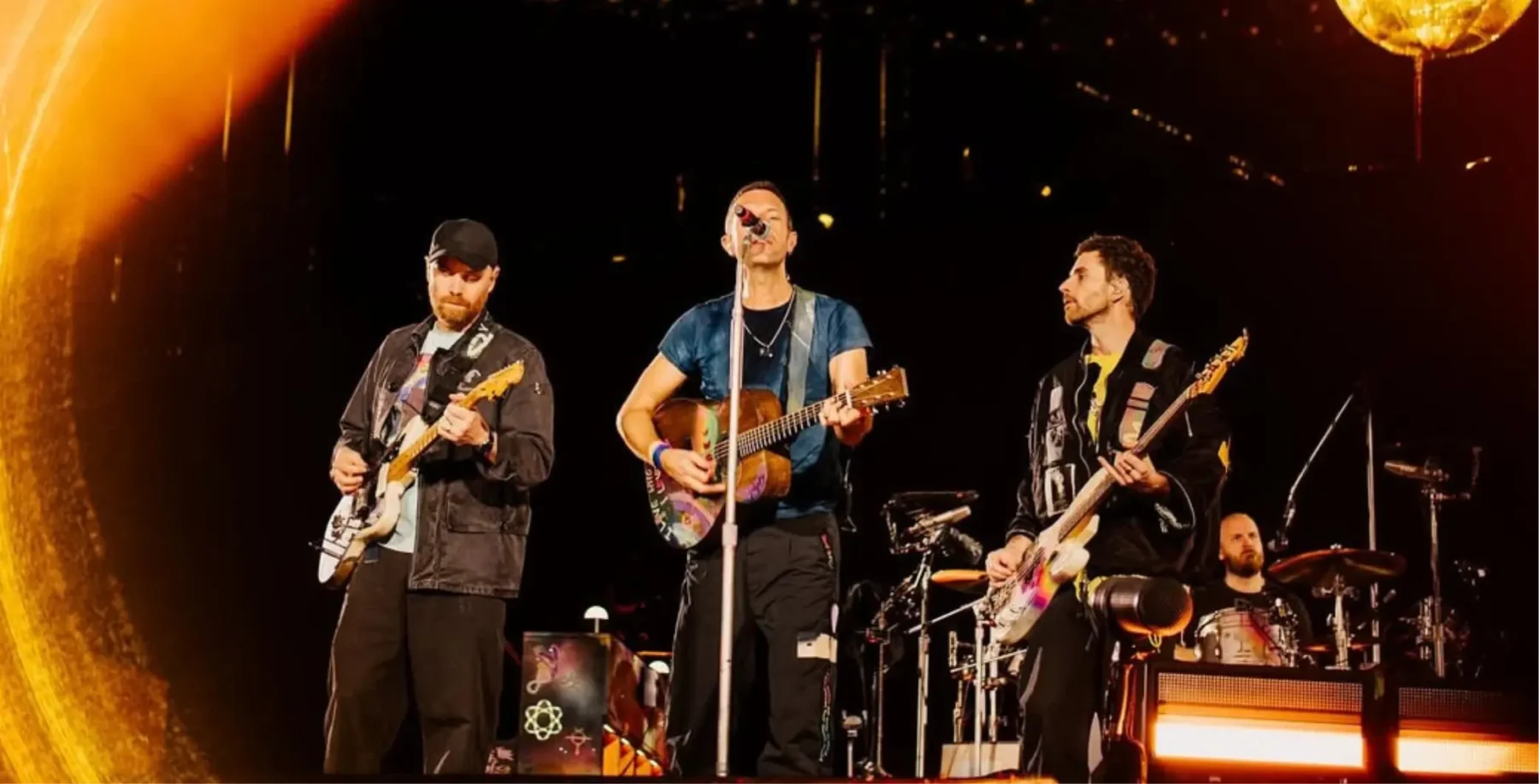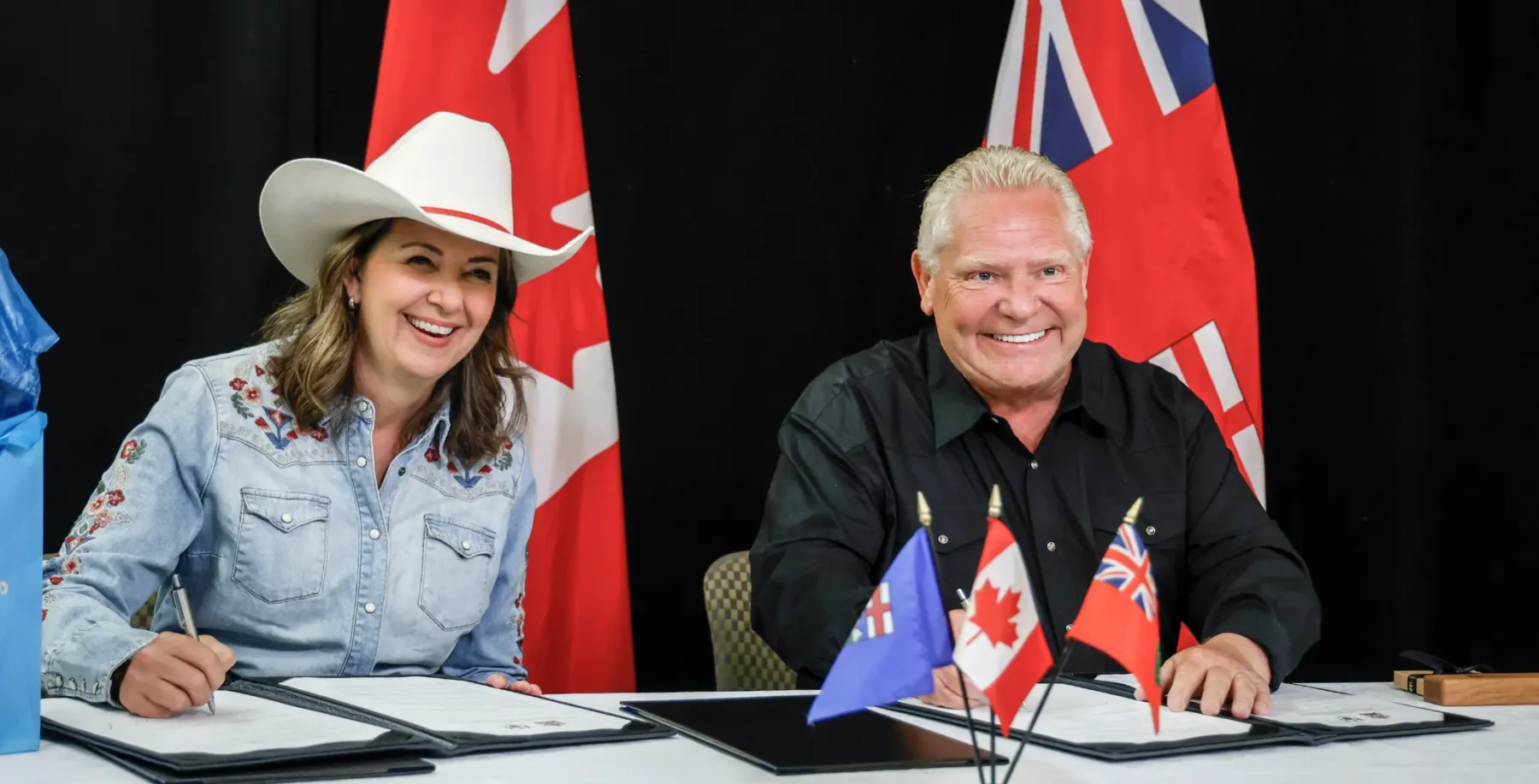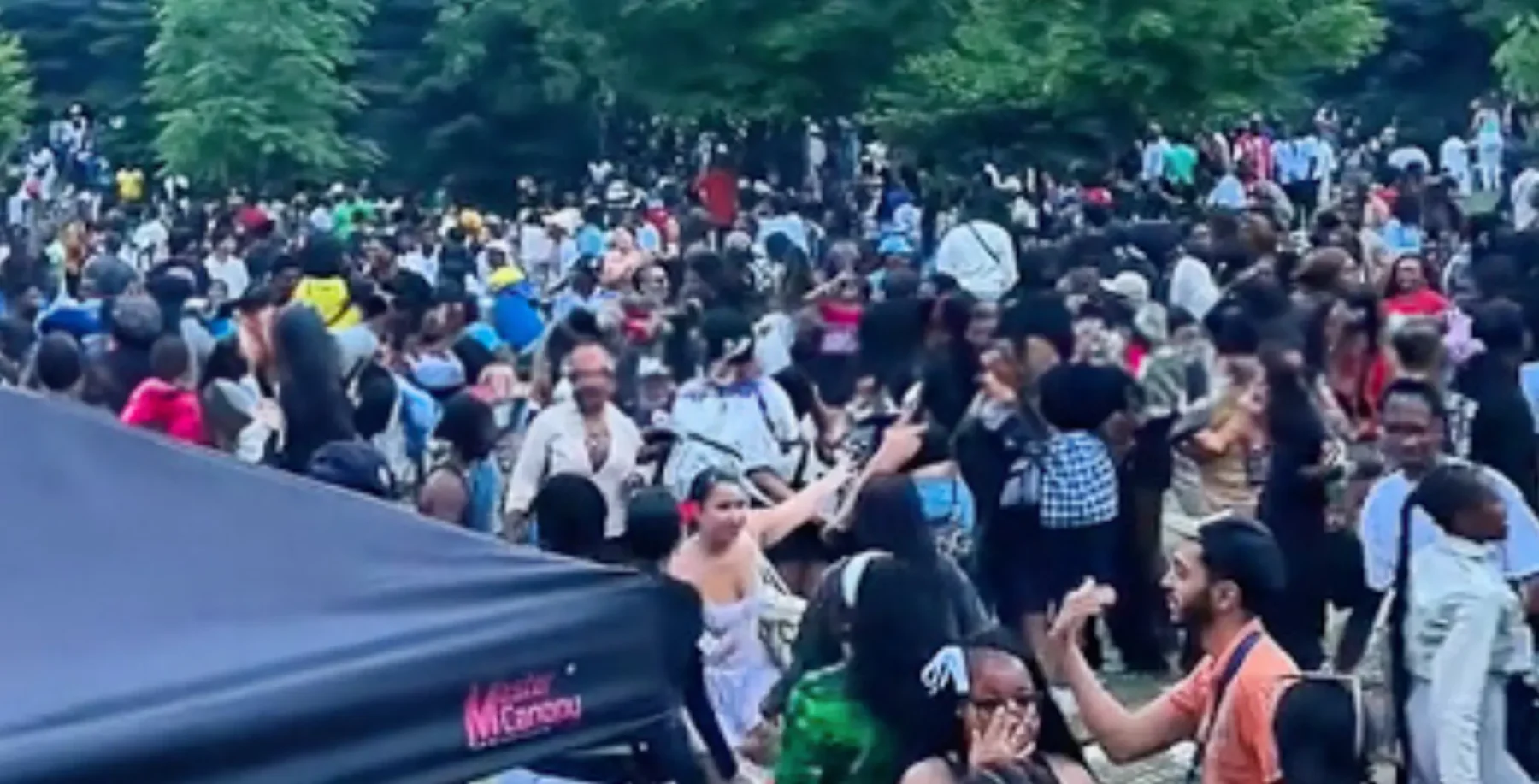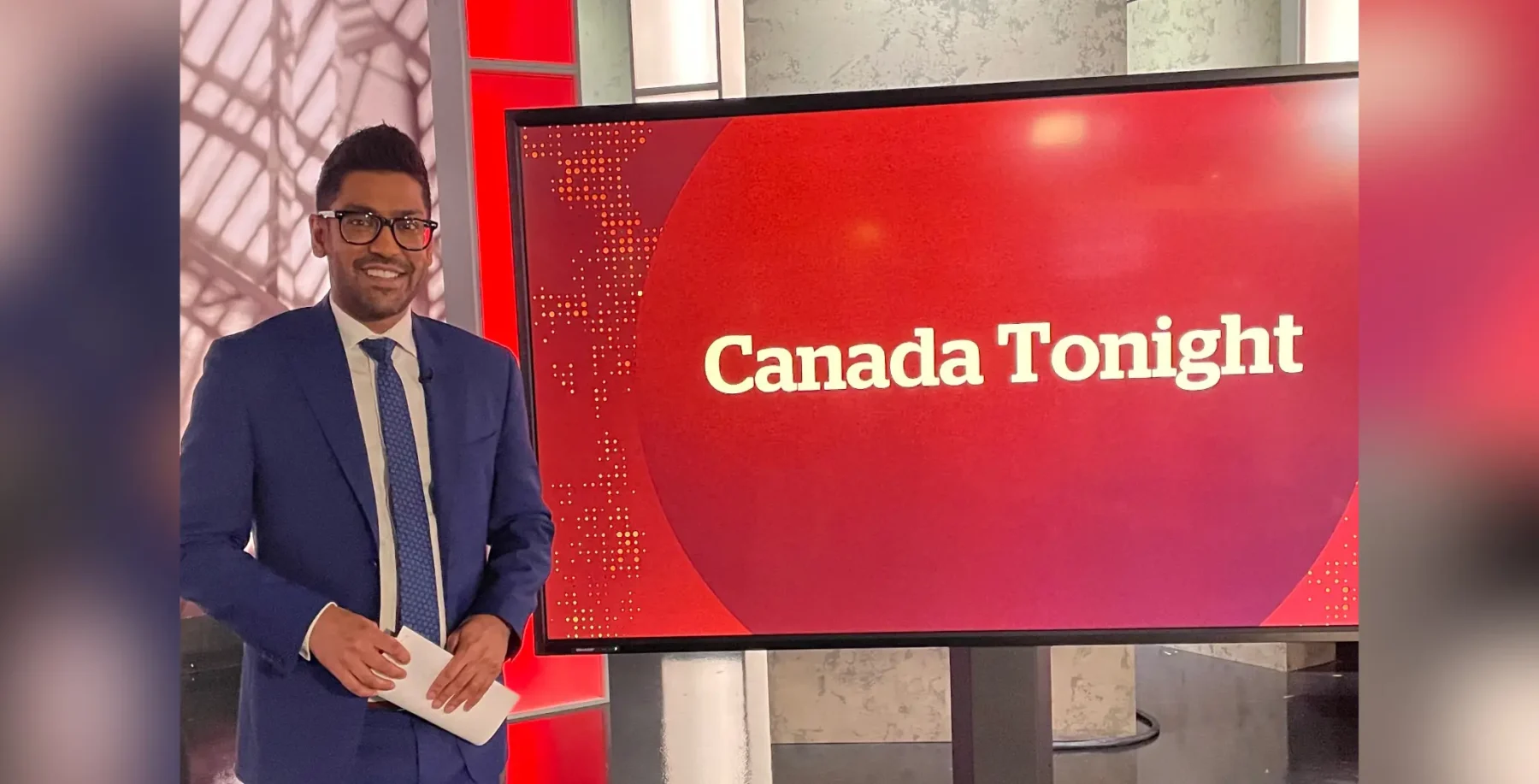
Rating: NNNNN
Military warlords are reasserting their control over large areas of Afghanistan. These warlords have been able to consolidate power because of the vacuum created when the U.S.-led military coalition and the UN Security Council refused to expand the International Security Assistance Force (ISAF) beyond Kabul.
Although U.S. forces are operating in these areas, they seem to be doing little, if anything, to address the insecurity experienced by ordinary Afghans.
According to persistent reports received by Human Rights Watch, U.S. cooperation with certain of the local warlords seems to be aggravating the problem.
These warlords are creating a climate of repression that once again threatens the security and well-being of the Afghan people.
Unless immediate steps are taken to counteract the growing power of the warlords, Afghanistan will be at the mercy of essentially the same figures whose rule and warring devastated the nation over the last decade.
In this environment, the loya jirga process, which was designed to sideline and minimize the rule of warlords, may instead entrench and legitimate their hold on power.
In every province of southern Afghanistan, we received at least some reports of local commanders corrupting the election process through the use of threats, beatings, imprisonment and other tactics of intimidation.
Despite the best efforts of the Special Independent Commission for the Convening of the Emergency Loya Jirga (Special Commission) and the UN, warlords have infiltrated and manipulated the process for selecting the meeting’s delegates and will attend the meeting in large numbers or act through proxies.
The Special Commission and the UN have tried to prevent warlords from dominating the election process, but reports from the north and west of Afghanistan indicate that these efforts are failing.
The loya jirga’s selection criteria explicitly call for the exclusion of delegates who had engaged in human rights abuses, criminal activity or the drug trade.
However, in cases in which it is apparent that particular delegates’ selection is problematic — for instance, the selection of General Rashid Dostum and Commander Atta Mohammad — the Special Commission seems unable to enforce these standards.
The monitoring efforts of the UN and the Special Commission focus on preventing violence and other overt interference on election day, and do not adequately cover intimidation tactics before the election or confirm that all delegates meet selection criteria.
In the absence of an independent security force and an adequate supervisory capacity, the warlords and their guns have been able to monopolize power in many areas of Afghanistan.
One of the worst areas is Zabul province, where authorities associated with Hizb-i Islami (the radical fundamentalist party of former prime minister Gulbuddin Hekmatyar) have tried to control and manipulate the loya jirga process. Direct interference with the process by the provincial governor, Hamidullah Tokhi — a senior Hizb- i Islami figure — has twice forced the UN and the loya jirga commission to abort attempts to hold the first stage of the loya jirga in the provincial capital, Qalat.
Through interviews with residents of Qalat and neighbouring districts, as well as with independent observers, Human Rights Watch found evidence of extensive rigging of the process and intimidation of candidates, monitors and local proponents of the loya jirga.
Provincial authorities in Zabul blocked loya jirga commission volunteers from informing people in villages around Qalat about the forthcoming elections. The meeting itself was held in an open area that one local resident said was surrounded by police forces and armed men.
Locals told Human Rights Watch that all 40 candidates were pre-selected by Governor Tokhi and were associated with Hekmatyar’s Hizb-i Islami. Governor Tokhi tried to bully the commission representatives into accepting his rubber-stamped candidates by threatening them.
According to independent observers covering the elections in Zabul, at least eight other independent candidates who had intended to nominate themselves were detained prior to the second loya jirga meeting and remained in custody while it was underway. Three other local citizens, ethnic Tajiks who tried to encourage people to participate in the process, were also taken into custody.
Similar steps to control the loya jirga process were taken in Suri district… (and) in several districts in Kandahar province and in Kandahar city itself.
Two days before the first attempt at an election in Shah Wali Kot, on around May 10, four people were killed on the road from Shah Wali Kot to Kandahar.
According to local villagers, the car had been carrying members of the loya jirga commission who had been sent to Shah Wali Kot to disseminate information about the loya jirga process.The car was found on fire. The three passengers were found nearby. They had been shot, and one had his throat slit.
Even a fairly minor local commander could adversely affect the loya jirga process.
Human Rights Watch received reports from some residents of a main village in Argandab district, called Sanzari, that all the loya jirga meetings there had taken place at the house of a local commander involved in looting and extortion from villagers as well as other criminal activity.
The resurgence of the warlords is fuelled in part by international factors.
In the case of Western troops, the unwillingness of the international community to rein in the warlords, combined with the frequent presence of U.S. troops and their apparent cooperation with the warlords, has left the impression among many Afghans that the warlords enjoy U.S. support. Reports abound of (U.S.) financial and military support.
A senior member of the loya jirga observation team… told Human Rights Watch that commanders in Gholistan, Farah, north Helmand and Nimroz have used satellite phones, many given to them by coalition forces, to threaten opposition leaders or other villages with bombing.
In many ways, Afghanistan today resembles Afghanistan in the early 1990s, when regional commanders were consolidating their power before the onset of the savage civil war that followed the fall of the Soviet-sponsored communist government.
Any future Afghan government, along with the international community, the United Nations, the United States and Afghanistan’s neighbours, must: halt assistance to the warlords, expand security forces, counteract the influence of warlords during the loya jirga process and institute a system of accountability for violations of human rights in Afghanistan.
As Afghans and United Nations
officials gather in Kabul this week for the
grand national assembly, or loya jirga, to
select the country’s next government, a
Human Rights Watch report warns that
Afghan warlords with links to the Taliban
and radical Islamists have used
intimidation and killings to stack the
meeting with their own delegates in a bid
for power reminiscent of the factional
fighting that followed the Soviet
withdrawal in the early 90s. Here is an
excerpt from that report.





